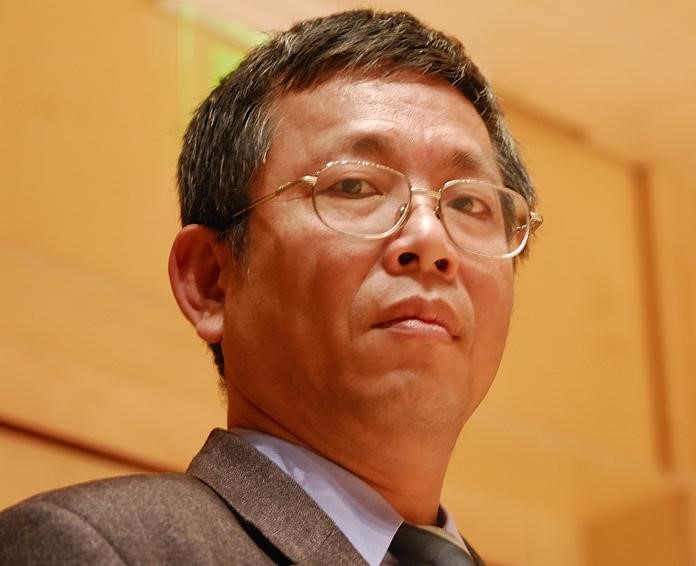报告题目:Decomposed Fuzzy Systems (分解的模糊系统)
报告人:台湾科技大学,苏顺丰教授
报告时间:2019.11.25 上午09:00
报告地点:东区10号楼406会议室
报告简介:
In the talk, a novel fuzzy structure termed as the decomposed fuzzy system (DFS) is proposed to act as the fuzzy approximator. The proposed structure is to decompose each fuzzy variable into layers of fuzzy systems and each layer is to characterize one traditional fuzzy set. Similar to forming fuzzy rules in traditional fuzzy systems, layers from different variables will form the so-called component fuzzy systems. The structure of DFS is proposed to facilitate minimum distribution learning effects among component fuzzy systems so that the learning can be very efficient. It can be seen from our experiments that even when the rule number increases, the learning time in terms of cycles is still almost constant. It can also be found that the function approximation capability and learning efficiency of the DFS are much better than that of the traditional fuzzy systems when employed in adaptive fuzzy control systems. Besides, in order to further reduce the computational burden, a simplified DFS is proposed in this study to satisfy possible real time constraints required in many applications. From our simulation results, it can be seen that the simplified DFS can perform fairly with a more concise decomposition structure. Furthermore, when used in modeling, the proposed DFS not only can have much faster convergent speed, but also can achieve a smaller testing error than those of other fuzzy systems.
报告人简介:
 Shun-Feng Su received the B.S. degree in electrical engineering, in 1983, from National Taiwan University, Taiwan, R.O.C., and the M.S. and Ph.D. degrees in electrical engineering, in 1989 and 1991, respectively, from Purdue University, West Lafayette, IN.
Shun-Feng Su received the B.S. degree in electrical engineering, in 1983, from National Taiwan University, Taiwan, R.O.C., and the M.S. and Ph.D. degrees in electrical engineering, in 1989 and 1991, respectively, from Purdue University, West Lafayette, IN.
He is now a Chair Professor of the Department of Electrical Engineering, National Taiwan University of Science and Technology, Taiwan, R.O.C. He is an IEEE Fellow, IFSA fellow, CACS fellow and RST fellow. He has published more than 300 refereed journal and conference papers in the areas of robotics, intelligent control, fuzzy systems, neural networks, and non-derivative optimization. His current research interests include computational intelligence, machine learning, virtual reality, intelligent transportation systems, smart home, robotics, and intelligent control.
Dr. Su is very active in various international/domestic professional societies. He now is the IEEE SMC society Distinguished Lecturer Program chair. He also serves as a board member of various academic societies. Dr. Su also acted as General Chair, Program Chair, or various positions for many international and domestic conferences. Dr. Su currently serves as Associate editors of IEEE Transactions on Cybernetics, IEEE/CAA Journal Automatica Sinca and IEEE Access, a subject editor (Electrical Engineering) of the Journal of the Chinese Institute of Engineers, and the Editor-in-Chief of International Journal of Fuzzy Systems.

